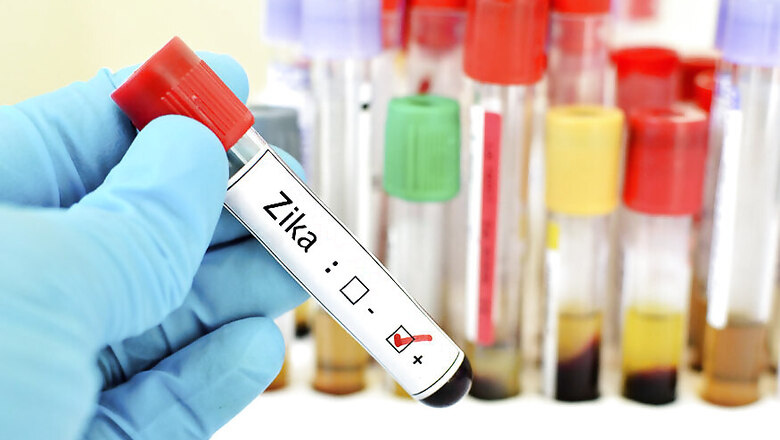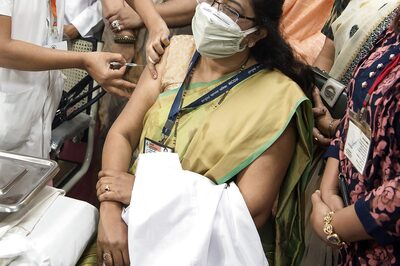
views
In the past few years, the Zika virus has become a significant global public health concern as it possess potentially devastating consequences for children born to Zika-infected mothers. Zika infection is caused by a virus transmitted primarily by Aedes mosquitoes, which bite during the day. The symptoms of Zika infection include fever, rash, conjunctivitis, muscle and joint pain, malaise or headache, which usually last for 2 to 7 days.
However, a new study, published by BMC Public Health, titled, ‘Zika knowledge and prevention practices among U.S. travelers: a large cross-sectional survey study’ reveals the factors that predict knowledge about Zika transmission, symptomology, and treatment among US travelers. The study claims that a few USA-based international travelers are aware of the potential sexual transmission of Zika to a partner. And there is less overall engagement with prevention measures for this transmission mechanism than for vector-borne transmission.
While Zika virus, a mosquito-borne disease, is transmitted by Aedes (Stegomyia) genus of mosquitoes, which includes the common and widely distributed Aedes aegypti, there have also been instances of the sexual transmission of the virus. Furthermore, as the study suggests, the infection during pregnancy can have deleterious effects on the developing fetus, resulting in serious congenital malformations such as microcephaly, neurological sequelae, and Guillain–Barré syndrome
According to this study, which included 1,043 individuals, those traveling to a Zika endemic country, such as Cuba, Puerto Rico or Mexico, had a 48 percent greater chance of having high-Zika knowledge compared to those traveling to a non-Zika endemic country.
Additionally, women had a higher probability of having high-Zika knowledge compared to men. Furthermore, a Zika infection during pregnancy can have deleterious effects on the developing fetus. This, in turn means that Zika virus can be passed from a pregnant woman to her fetus.
There has been no affirmative cure or treatment of Zika virus infection, the U.S. Centers for Disease Control and Prevention (CDC) has asked to keep in mind a few preventive measures. The first thing to keep in mind is the increased public knowledge in relation to the prevention of mosquito bites, followed by actions before, during, and after visiting Zika endemic areas, and eventually, use of condoms for the prevention of Zika transmission during sex.




















Comments
0 comment